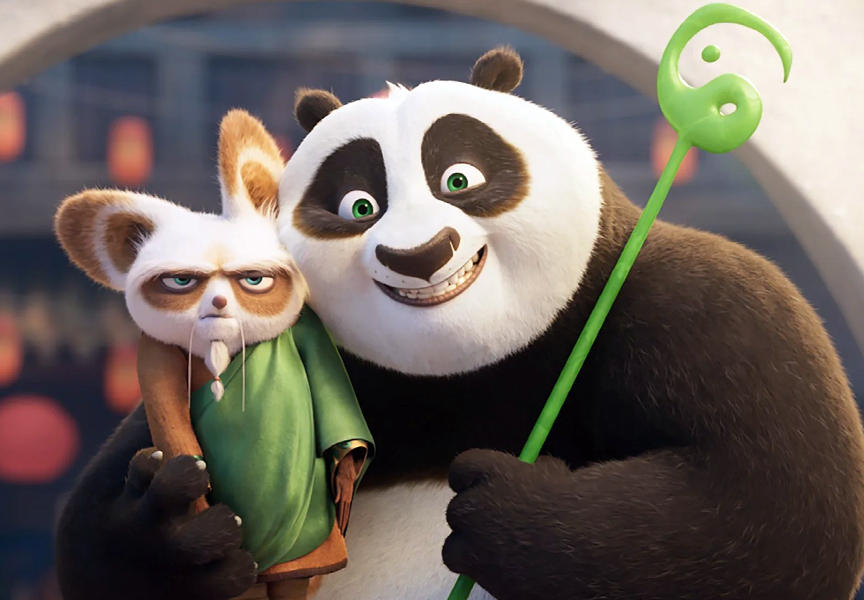Random Free Articles
- The rescue of the Shaolin arts
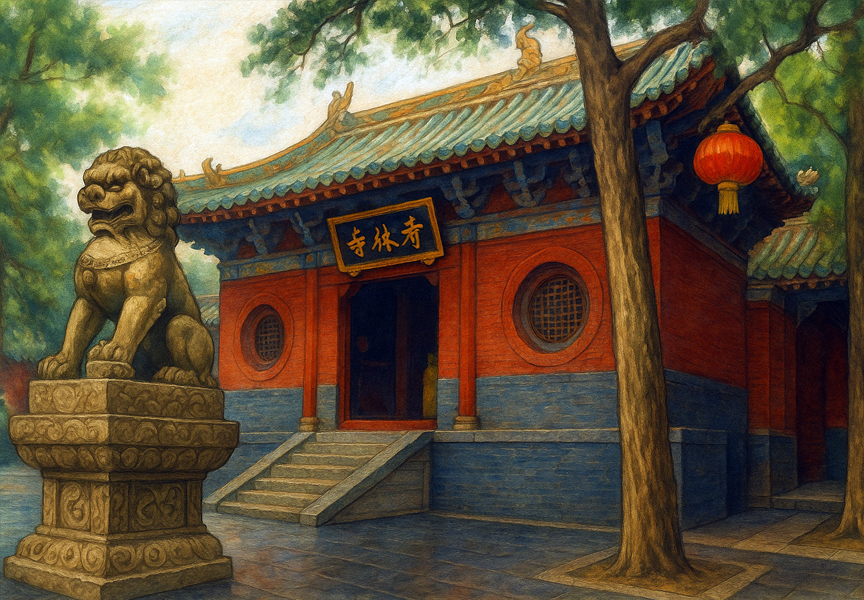
The Preservation of Shaolin Arts after the Cultural Revolution (1966–1976) in China was a process full of challenges, but also of perseverance, secrecy, and eventually, state recognition. The Shaolin arts include both martial arts (Shaolin Kung Fu) and the Buddhist spiritual tradition. Here's how they were preserved: 1. Secret Preservation by Monks and Lay Practitioners During the Cultural Revolution, the Shaolin Temple was heavily…
- The Ancient Art of Zhan Zhuang
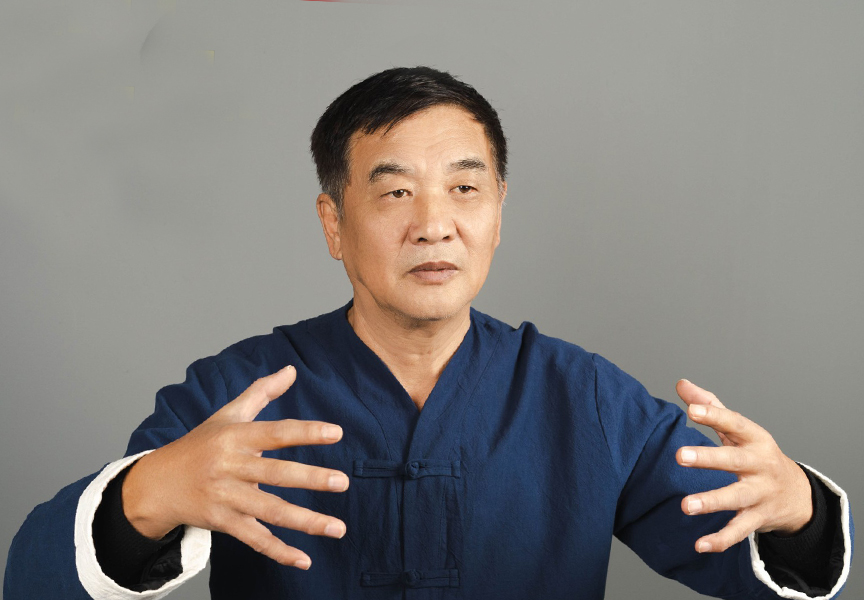
Zhan Zhuang [Chin.: zhàn zhuāng 站桩], often referred to as "standing like a post" or "standing stake" in English, is an ancient Chinese practice that has been gaining recognition and popularity in recent years for its numerous physical, mental, and spiritual benefits. This seemingly simple yet profound practice is a form of Qigong, a traditional Chinese system of exercises and breathing techniques designed to promote…
- The Horse Stance in Shaolin Kung Fu
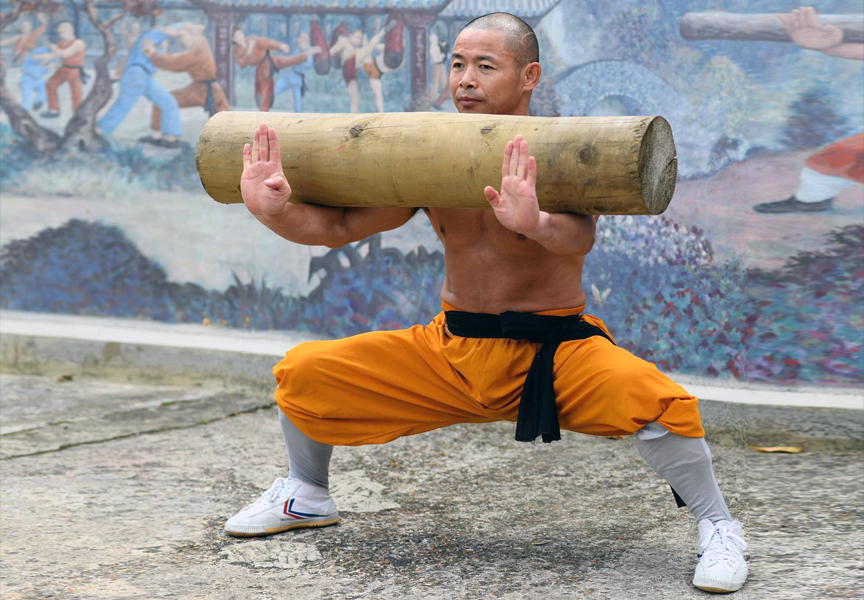
Shaolin Kung Fu, with its roots in ancient Chinese martial arts, is renowned for its diverse techniques and holistic approach to physical and mental well-being. At the heart of Shaolin training lies the Horse Stance, known as Mabu - [Chin.: mǎ bù 马步] in Chinese. This fundamental stance serves as the cornerstone of many martial arts disciplines, providing practitioners with a solid foundation for strength, balance, and internal energy…
- Shaolin Rou Quan in Medicine and Health Promotion
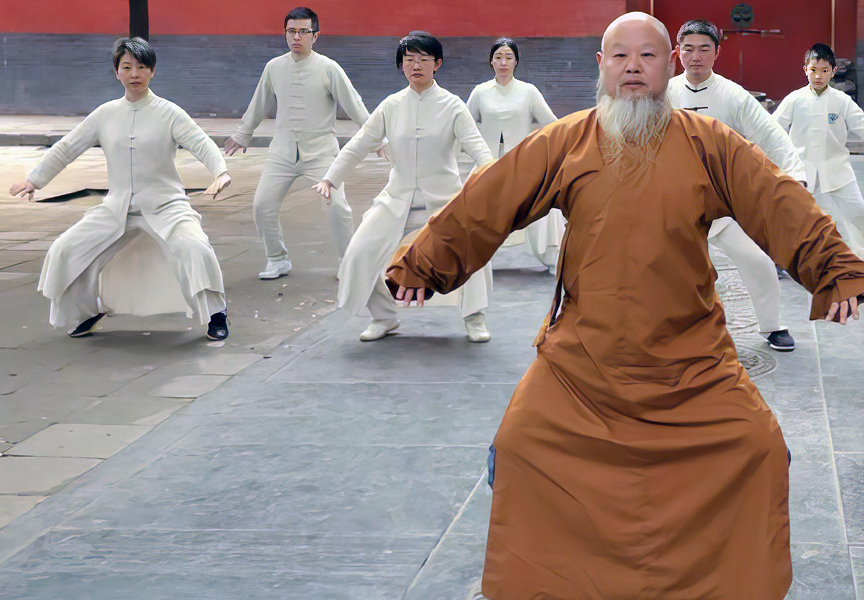
For centuries, the Shaolin Temple in China has been celebrated as the birthplace of martial arts, known for its legendary kung fu techniques and the dedication of its monks. While martial arts are primarily associated with self-defense and physical fitness, there is a lesser-known aspect of Shaolin culture that has been gaining recognition in recent years: Shaolin Rou Quan [Chin.: Shàolín Róu Quán 少林 柔拳]. This gentle and graceful…
- The Art of the Fan
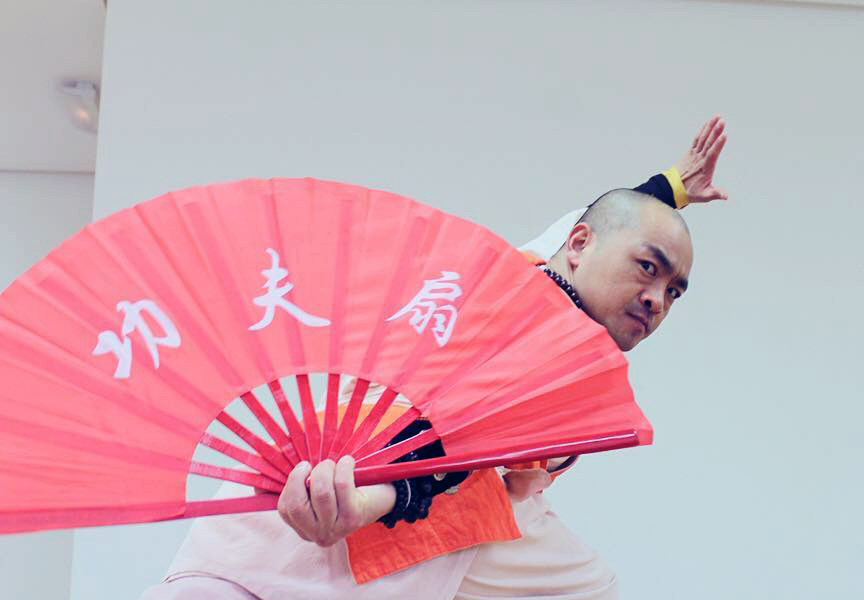
A Traditional Weapon with Timeless Elegance The fan [Chin.: Shàn 扇], often associated with a tool for cooling oneself on a hot day or a stylish accessory, may not immediately conjure images of martial prowess. However, delve into the rich history of traditional Chinese martial arts, and you'll discover that the fan has been one of the most widely used and underestimated weapons. With roots reaching deep into ancient China, fan combat…

